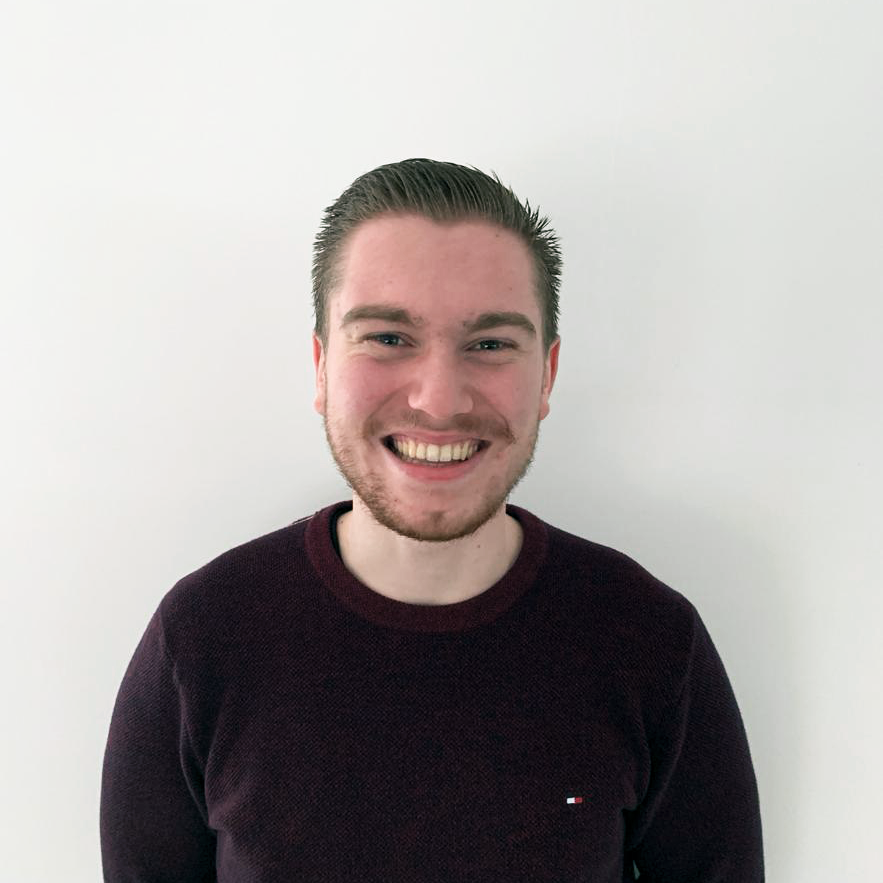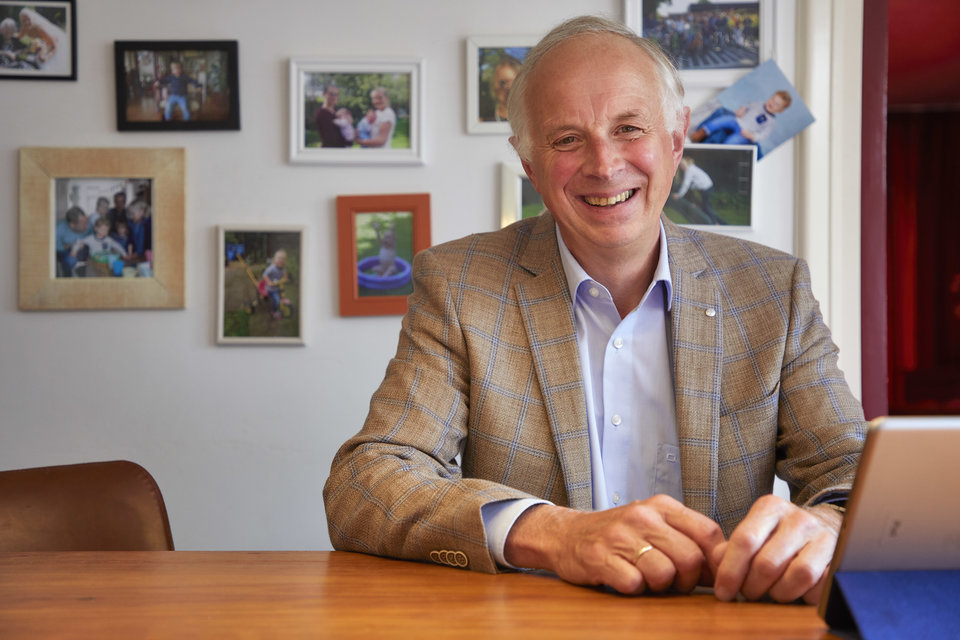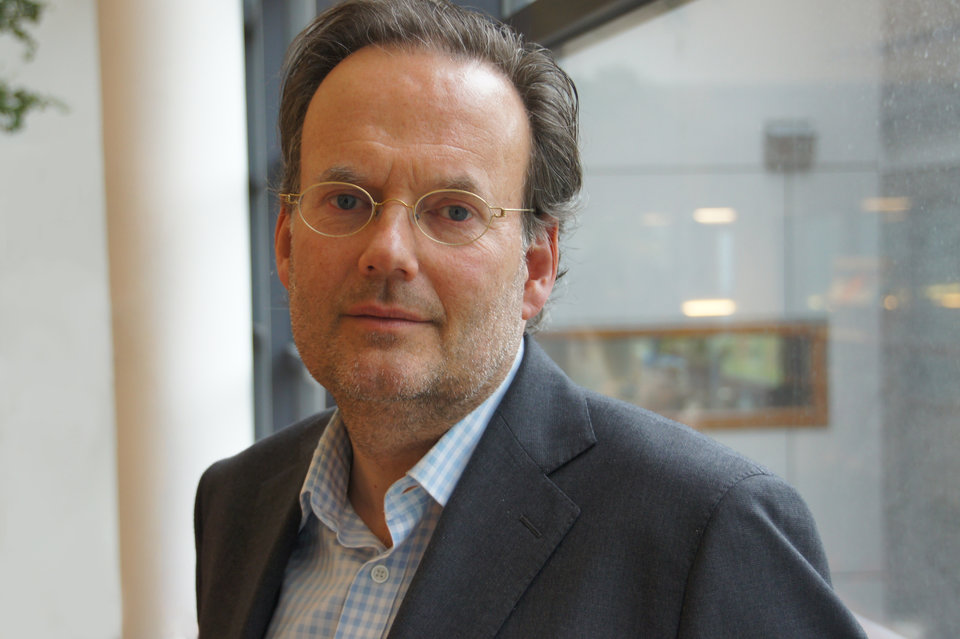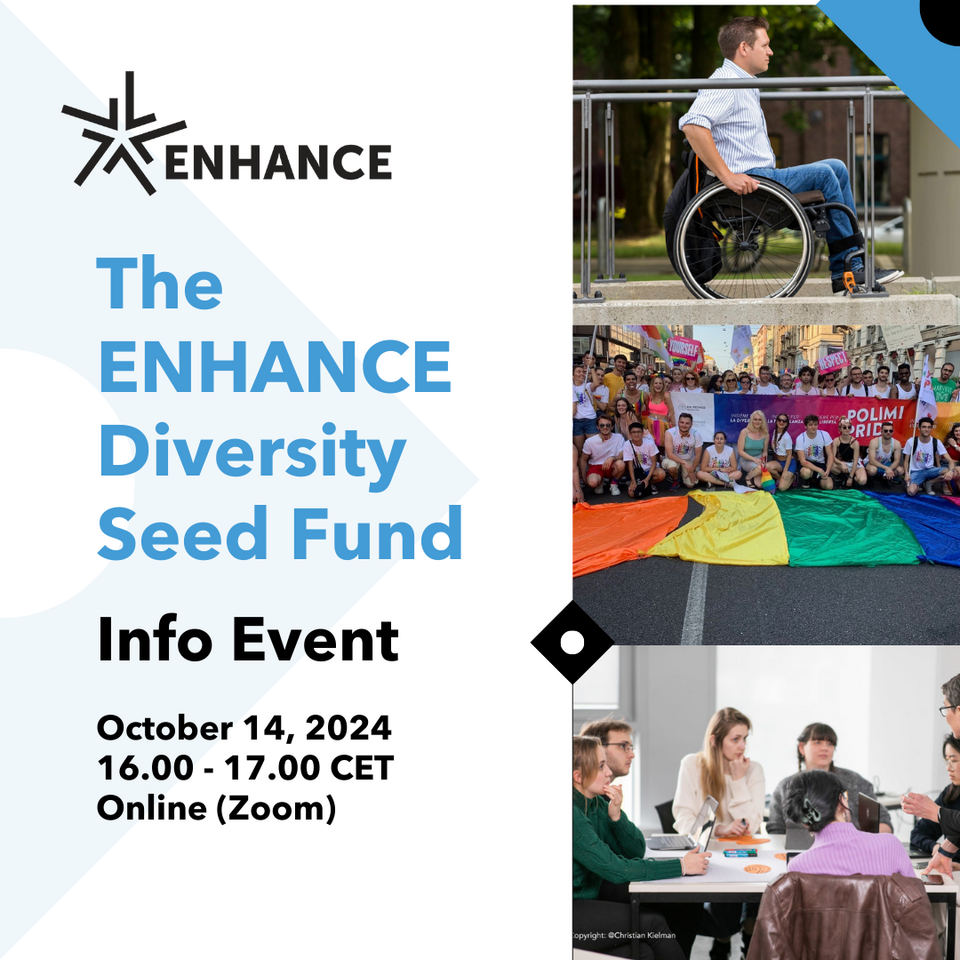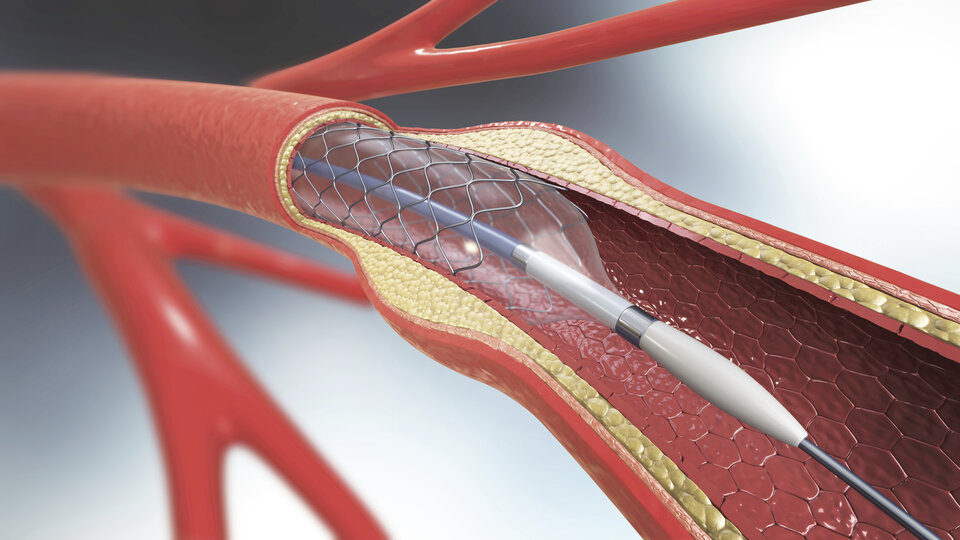NWO funding for flexible power demand in electrically driven industry
NWO is funding two projects to explore ways to make the power demand of industry more flexible, allowing it to better align with future energy supplies. One of these projects, “DEFLAME,” is led by Machteld van den Broek from TU Delft. Solar and wind power generate variable amounts of electricity, while today’s industry demands a relatively constant supply. Adjustments are needed to prepare industry for a power supply based on sun and wind. These adjustments include technical, economic, and social adaptations that are being researched collaboratively by academic institutions and industry partners in these two projects. They also aim to address the barriers that hinder such adaptations. About DEFLAME DEFLAME stands for Direct Electrification of Industrial Heat Demand supported by Flexibility at Multiple Levels and their Exchanges (DEFLAME). This project aims to make the Dutch process industry—particularly the chemical and food industries—more resilient and climate-neutral by electrifying industrial heat using flexible solutions. Van den Broek explains, “For instance, we could scale installations up or down, store heat in underground systems, and/or store electricity in batteries, so that industry can better respond to fluctuations in the energy network.” This effort requires collaboration across multiple levels: technology, individual plants, industrial clusters, and national and international energy systems. DEFLAME focuses on removing obstacles to electrifying low-temperature heat (up to 400°C) with efficient technology. “This kind of heat is used in many processes. It’s essential to drive the right chemical reactions, and it’s also needed for drying, distillation, and evaporation processes. For example, in the crystallisation process to turn sugar beets into sugar, or in salt extraction,” Van den Broek explains. In crystallisation processes, for instance, mechanical vapour recompression can be used. In this process, vapours are compressed by an electrically driven compressor and then reused to heat the evaporator. “This saves energy, as it uses residual heat and allows for electricity to be sourced cleanly. With solar and wind, unlike with gas, the power supply is variable. If we want to electrify industry, businesses and technology need to be able to respond flexibly to this, for example, by storing heat as a cluster or building flexibility into the electrical system.” DEFLAME will identify strategies and institutional arrangements to unlock these solutions from multiple levels and with an interdisciplinary approach. Van den Broek states, “I look forward to taking an important step together with our partners to advance industrial electrification in the Netherlands. This is an essential part of the energy transition.” Consortium Partners The consortium partners include Atlas Copco, Cosun, ISPT, Nobian, Oranje Wind Power II C.V./RWE, Smart Port, Stedin, Tennet, TNO, TU Delft, and TU Eindhoven. Read the NWO press release . Prof.dr.ir. M.A. (Machteld) van den Broek
